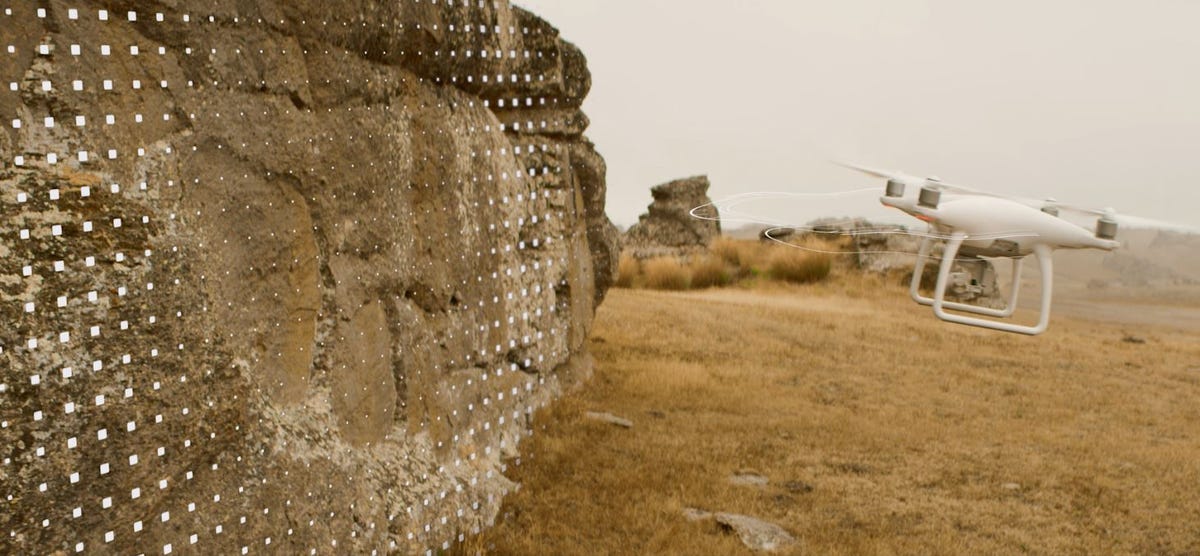With a little plug-in stick, maybe you’ll be able to build a future self-navigating vehicle. Or at least test out your navigation system.
That’s the idea behind the Fathom Neural Compute Stick from chipmaker Movidius. It claims the Fathom is “the world’s first embedded neural network accelerator.” It’s a plug-in stick with a dedicated low-power processor inside. Target price? Under $100 (about £70 or AU$130).
Neural networks and deep learning are among the hottest terms in tech right now because of what they represent: the ability for computers to identify objects and analyze details, or map out 3D space for augmented and mixed-reality navigation. In fact, the Movidius Myriad 2 chip inside the Fathom is the same one already enabling the DJI Phantom 4 drone to avoid collisions.
The Fathom stick is intended specifically for gadgets such as robots, drones or devices needing to use machine vision to navigate or explore environments…or even for future prototypes of augmented reality and mixed-reality hardware.
Usually you need a chunk of GPUs to enable serious computational processing on a PC, but the Fathom is designed to shrink that down to a more plug and play size. Think of it as a sort of mini neural network on the go. (Stop me if this is beginning to sound a little too “Terminator” for comfort.)


The DJI Phantom 4 can sense its environment and avoid collisions using a similar processor.
Movidius
Still confused? Honestly, it’s pretty confusing stuff. And I haven’t used one, so it’s not clear how powerful Fathom is. But the point of Fathom is to allow devices to engage in some smart neural network functions offline, without needing the cloud. It’s compatible with existing deep learning frameworks, including Google TensorFlow.
If you want to know more, watch the Movidius video below for a peek at what this could do.
To be clear, plugging the Fathom into your PC won’t suddenly enable you to have a conversation with your laptop like Captain Picard, or have a dialog like Watson and his various celebrity interlocutors on those IBM TV commercials. Nor is it intended to be plugged into to existing third-party products.
This is more of a tool for developers, makers and educators who are modeling gadgets that might use neural networks or machine vision. Imagine plugging the Fathom into a small device with USB that could now enable said device to be programmed to self-navigate, or use its cameras to analyze your home. Or, maybe some sort of prototype augmented reality headset.
As more advanced phones and VR/AR headsets arrive with cameras that can analyze and map out the world and what’s in it, neural networks and deep learning might become a very big deal. If you’re a programmer or developer who’s been dreaming of making your own far-reaching smart home device, mixed-reality hardware or a self-navigating robot, the Fathom could be a place to start.
Movidius is offering the Fathom to “qualified customers” via its website.




